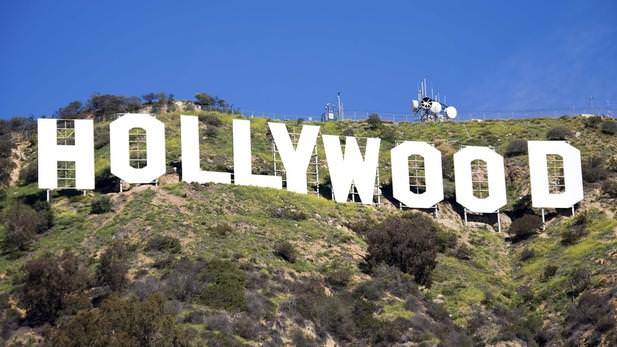The major film studios, their trade association and theater owners don’t want to be held hostage to any misguided morality play — not one that seeks to force them not to have any movies with tobacco imagery rated G, PG or PG-13. On Friday, they filed court papers asking a judge to reject a putative class action that blames them for children becoming addicted to nicotine.
The lawsuit was filed in February against the Motion Picture Association of America, the National Association of Theatre Owners, Disney, Paramount, Sony, Universal and Warner Bros. and alleges the industry’s film-ratings practices amount to negligence, misrepresentation and breach of duty. Citing health experts at leading universities throughout the country, plaintiff Timothy Forsyth and others say that if a judge doesn’t order up an injunction, an additional 3.2 million American children will smoke, and 1 million of them will die prematurely from tobacco-related diseases including lung cancer, heart disease and emphysema.
The litigation addresses a ratings system that came about in the 1960s, when MPAA’s then-president, Jack Valenti, aimed to take Hollywood from an era of morality codes to self-regulation. The MPAA has cited surveys showing that nearly all parents find ratings helpful, but while smoking has, as of 2007, been a factor weighed in how films are rated, the plaintiffs assert that not enough is being done. They’ve flagged such films as Dumb and Dumber To, Transformers: Age of Extinction and Iron Man 3 as among those featuring tobacco-related imagery that are being recommended for young audiences.
Today, the Hollywood defendants aim to strike down a lawsuit they see as an impingement of their First Amendment-protected rights on a matter of public interest. According to the court papers filed by the defendants, the lawsuit “is a misguided attempt to upend basic tort principles and core First Amendment protections to force the Classification and Rating Administration (‘CARA’) — the movie ratings body that the MPAA and NATO jointly operate — to change the opinions it expresses through its movie ratings system.”
Yes, according to the studios and theater owners, ratings are opinions that must not be applied to “prescribe socially-appropriate values” but rather to reflect what most American parents would think about the suitability of a motion picture for viewing by children. “The First Amendment provides those opinions with ‘full constitutional protection’ against civil liability,” states the brief. “The First Amendment does not allow Plaintiff to use a tort action to change the opinions that CARA expresses.”
Regardless, the Hollywood defendants add, they’ve never told anyone that a film rated lower than R means no tobacco use. As such, they argue that there can’t be any liability for a misrepresentation of fact. They waive off any duty to apply mandatory R ratings and ridicule Forsyth, the lead plaintiff.
“Plaintiff alleges that he purchased tickets for his children to see ten PG-13 rated movies over the course of four years that contained tobacco imagery, including two movies in the Hobbit trilogy,” they state in the brief. “Clearly, Plaintiff was not relying on the PG-13 rating as representing the absence of tobacco imagery after even one movie, much less ten.”
The studios and theaters do acknowledge that tobacco use by minors is a significant health issue, but assert that the causal chain between movie ratings and youth smoking is “too attenuated and speculative to support damages” and say that, regardless of the importance of the issue, it doesn’t support “compelling” them to express the plaintiff’s socially-minded opinions. Represented by attorneys led by Kelly Klaus at Munger Tolles, the defendants add, “If Plaintiff’s claims were permitted to proceed, there would be no end to claims invoking CARA’s purported duty to disregard its own opinions and instead to implement a given advocacy group’s preferred social policy in assigning ratings.”
Furthermore, the Hollywood defendants warn the judge that, soon, they might be forced to give R ratings to all films “that depict alcohol use, gambling, contact sports, bullying, consumption of soda or fatty foods, or high-speed driving.”
Source: www.hollywoodreporter.com




